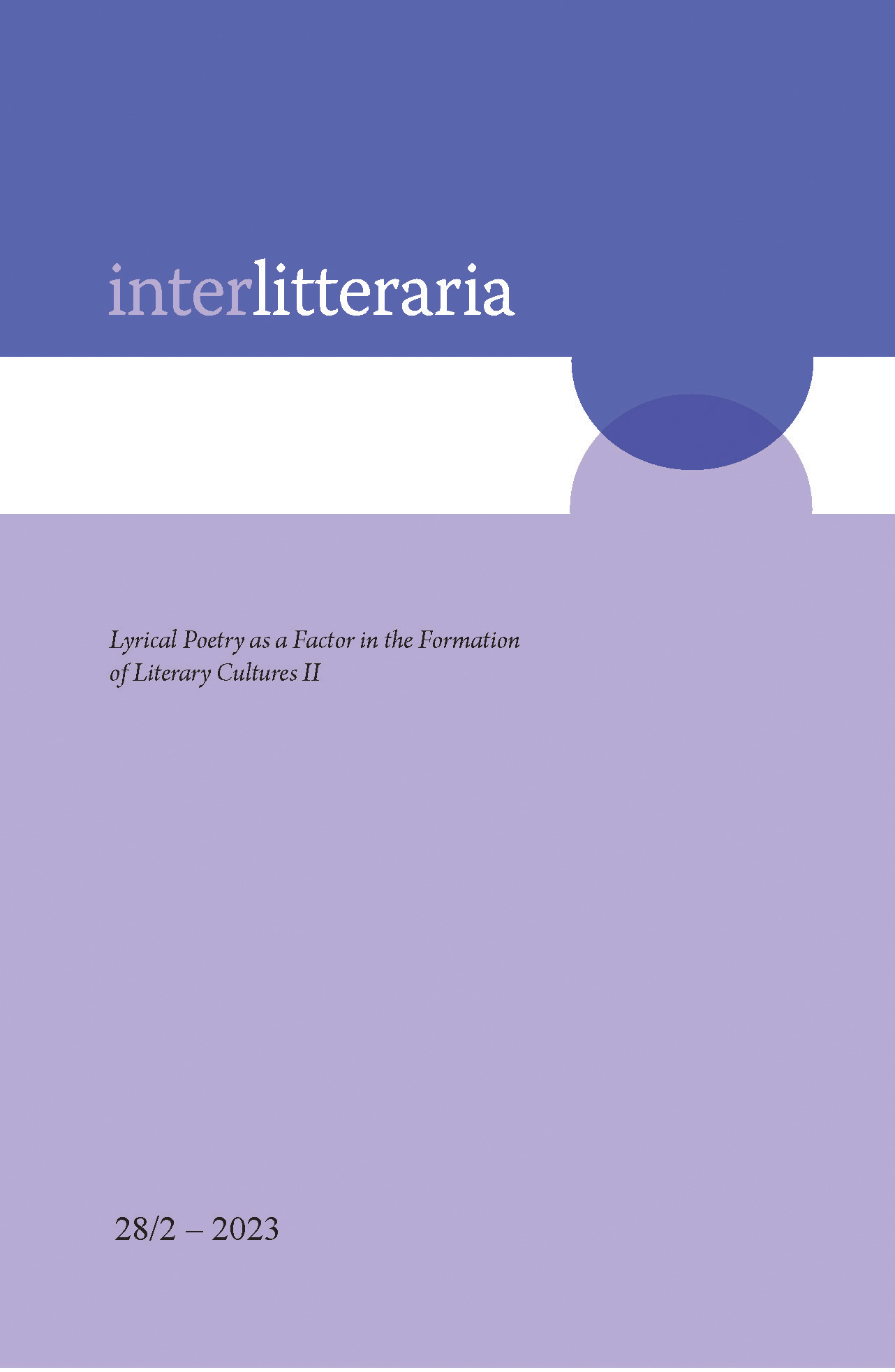Fearlessness and Resistance in the Gulag: Estonian Prison Camp Poetry
DOI:
https://doi.org/10.12697/IL.2023.28.2.2Keywords:
Estonian poetry, Gulag literature, prison camp poetry, poetics of resistanceAbstract
During and after the Second World War, over 50,000 Estonians were sent to Soviet prison and forced labour camps. Within these camps, some of the repressed Estonians developed their own subculture – prison camp poetry, secretly written on sheets of paper and also memorised. The poems examined in the article were composed predominantly during the latter half of the 1940s and the 1950s, within various prison camps situated in the Karaganda Region, the Kazakh ASSR (Spassky), the Komi ASSR (Vorkuta, Intalag, and Ukhta), Mordovia (Dubravslag), the Gorki Oblast (Unzhlag) and the far northern camps of Kolyma and Krasnoyarsk Krai (Norilsk). The focus of this article is on the emotional depth of these poems and how they encapsulate feelings of fear and fearlessness, despair and hope, anger and sorrow, vengefulness and loathing. The article demonstrates how not succumbing to fear became a survival strategy within a regime of terror for Estonian Gulag poets, and how poetry provided diverse avenues for exploring this approach. Fear was transformed in various ways: Artur Alliksaar’s poetry confronts the possibility of cataclysm with beauty, while the lyrical selves of Valve Pillesaar, Leenart Üllaste, and Helmut Joonuks chose to shut down their minds. Venda Sõelsepp and Annus Rävälä, on the other hand, replaces his fear with sarcasm, while Enno Piir and Enn Uibo’s poems call for terror to be turned against the system itself.
Downloads
Downloads
Published
Issue
Section
License
Copyright (c) 2024 Rebekka Lotman

This work is licensed under a Creative Commons Attribution-NonCommercial-NoDerivatives 4.0 International License.
The contents of Interlitteraria are published under CC BY-NC-ND licence.


